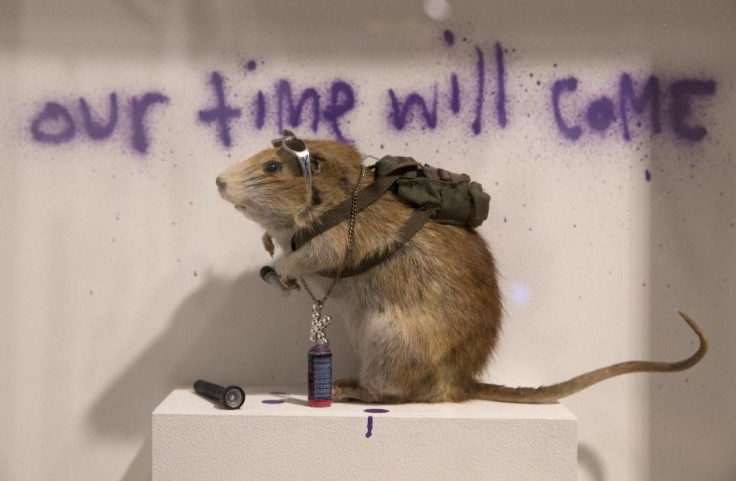Transplant Breakthrough: 'Donor Organs Can be Stored For Days'

A recent experiment conducted by the Center for Engineering in Medicine at Massachusetts General Hospital involved preserving some organs for a longer period using anti-freezing technique.
Dr. Martin Yarmush and Dr. Korkut Uygun, who led the study, said this technique will hugely increase the number of successful transplants among patients.
The study cited organs could be preserved four times more than the time that is currently possible. The extra time will help hospitals find a perfect match and transport the organs to the specific hospitals. The pressure on doctors and patients of finding a compatible organ will be significantly reduced.
The experiment involved an active ingredient from antifreeze. It was injected into the rat's liver, allowing them to cool below the freezing point of water. The amount of time tripled hence allowing it to be stored longer.
The first organ donation that took place was a kidney transplant between identical twins almost 60 years ago. Since then, surgeons have learnt the art of replacing practically everything from heart to the skin. In the U.S., 120,000 patients are waiting for donor organs.
Outside the body, a human liver can be stored for 24 hours. A technique called cryopreservation which involves reducing the temperature of the organ to -195 degrees Celsius is said to be the best one but it leads to extensive tissue damage.
National Institutes of Health, in support of the study, said the new technique involved injecting the donated organ with 3-OMG 3-O-methyl-D-glucose (3-OMG) and polyethylene glycol (PEG-35kD), the active ingredients in anti-freeze, which lowers the freezing point of a solution. It was stored for days after the organ was slowly cooled to - 6 degrees Celsius. During the pre-transplant warming and before cooling, machine perfusion, a process through which the liver was nourished and supplied with oxygen, was performed.
A report in Nature Medicine said all the rats that received livers stored for three days survived, while more than half of those animals that waited four days survived.
Dr. Rosemarie Hunziker, program director of the Tissue Engineering and Regenerative Medicine at the National Institute of Biomedical Imaging and Bioengineering, which is a part of National Institutes of Health, said, "The longer we are able to store donated organs, the better the chance the patient will find the best match possible, with both doctors and patients fully prepared for surgery. This is a critically important step in advancing the practice of organ storage for transplantation."





















